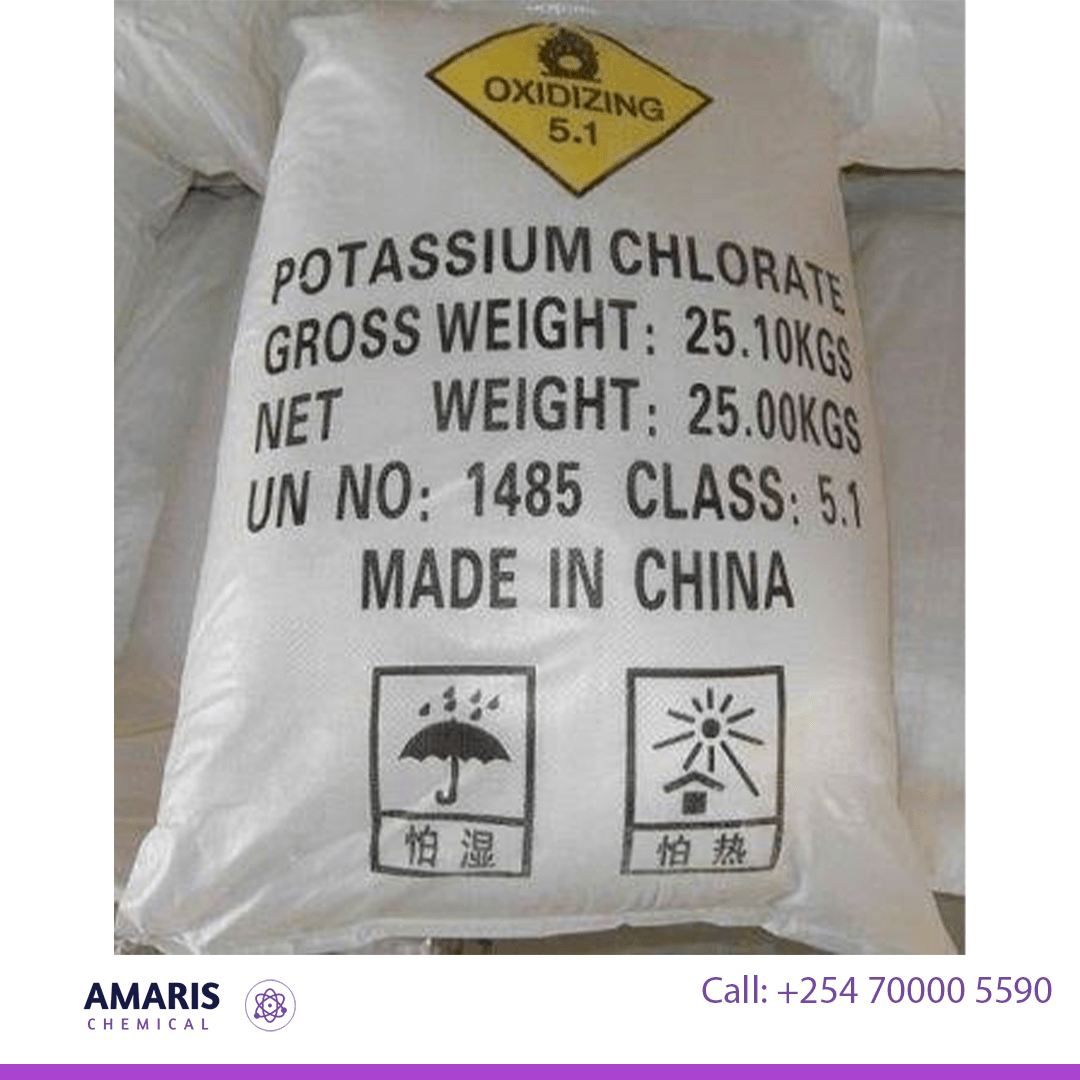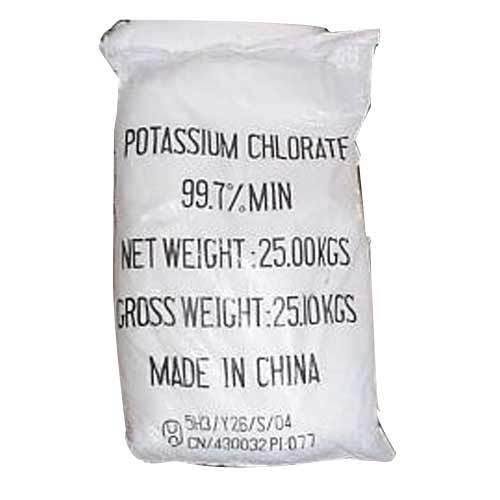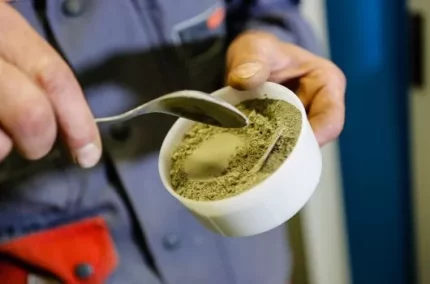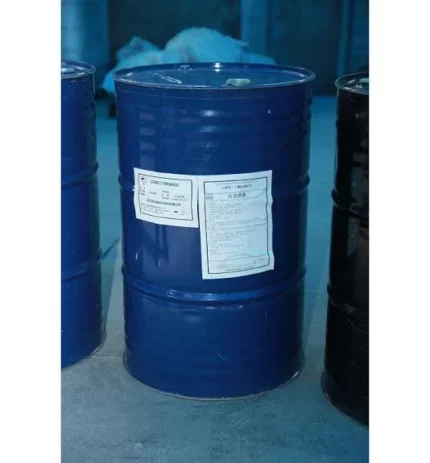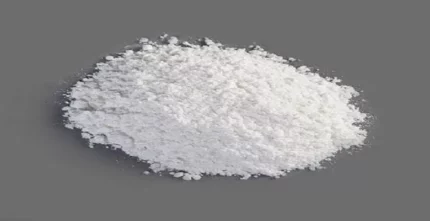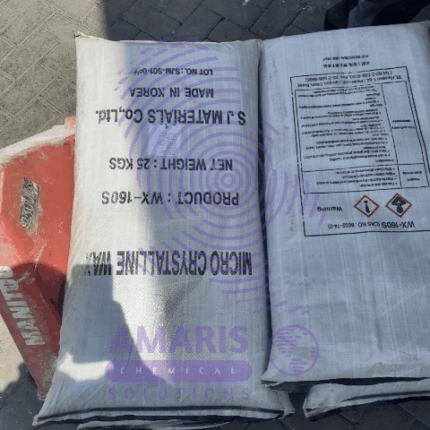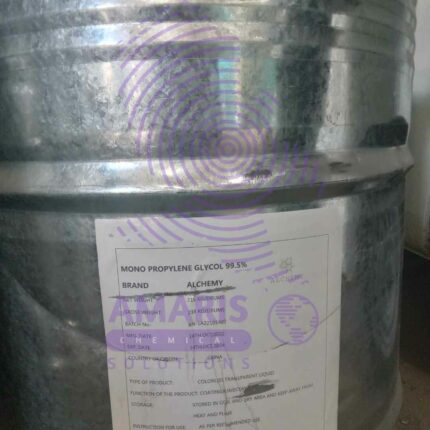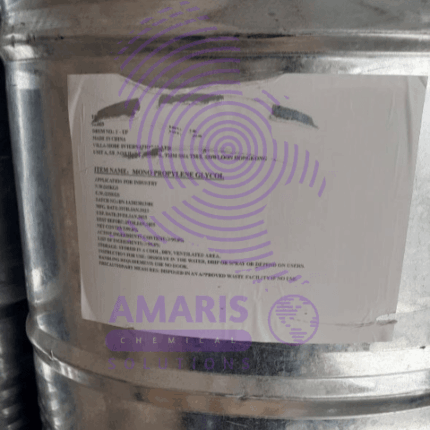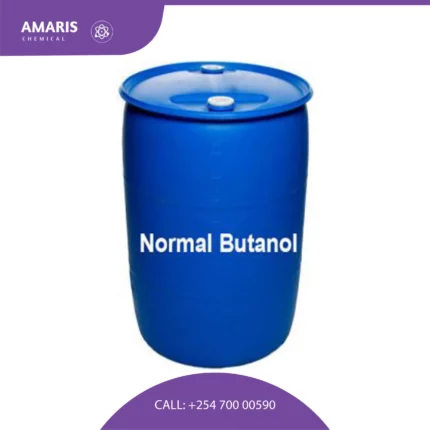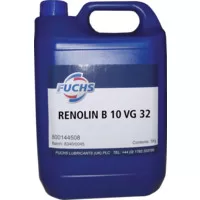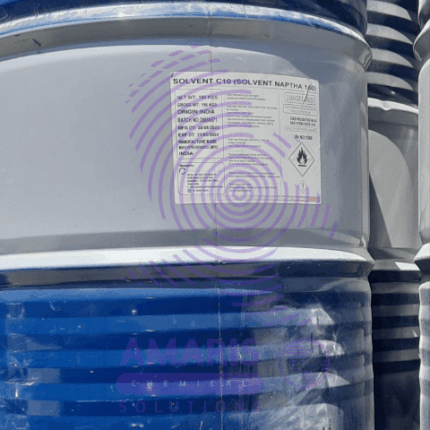“MonoPropylene Glycol 215 kg MPG” has been added to your cart. View cart
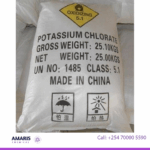
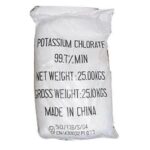
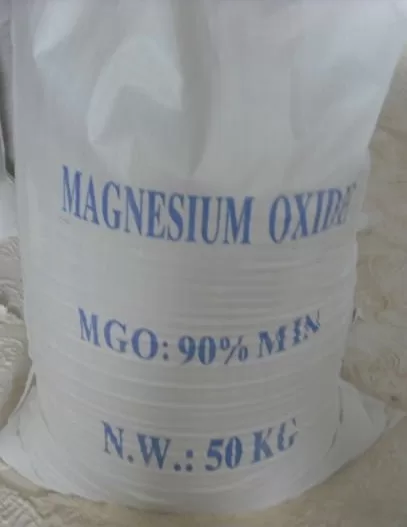
Magnesium oxide 25kg
$12,000.00 Original price was: $12,000.00.$1,100.00Current price is: $1,100.00.
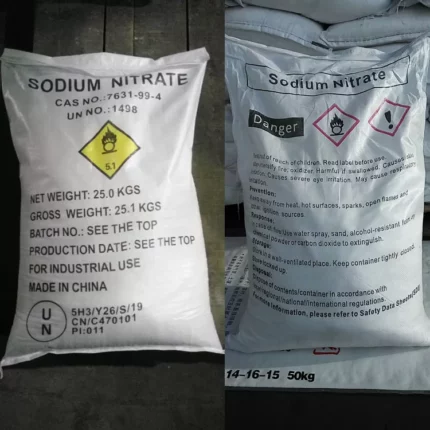
Sodium Nitrate 25kg
$10,500.00 Original price was: $10,500.00.$9,500.00Current price is: $9,500.00.
Potassium Chlorate 25kg
$8,500.00 Original price was: $8,500.00.$8,200.00Current price is: $8,200.00.
Whatsapp Order
Potassium chlorate is a chemical compound with the molecular formula KClO3. It is a white crystalline powder that is commonly used as an oxidizing agent in various industrial processes, as well as in the production of fireworks, matches, and explosives. When heated or subjected to shock, it releases oxygen and can rapidly increase the temperature of its surroundings, making it a potentially dangerous substance if handled improperly.
SKU:
ACS96158CHEM0
Category: OTHERS
Description
Potassium chlorate
- Pyrotechnics: Potassium chlorate is commonly used as an oxidizer in the production of fireworks, as it provides the necessary oxygen to fuel the combustion reactions that produce the bright colors and effects.
- Matches: The compound is also used in the manufacture of matches, as it provides the necessary oxygen to ignite the combustible material on the match head.
- Explosives: Potassium chlorate can also be used as an ingredient in the production of explosives, such as black powder, which is a mixture of potassium chlorate, charcoal, and sulfur.
- Oxygen generation: Due to its ability to release oxygen when heated or subjected to shock, potassium chlorate is used in some chemical oxygen generators, which provide a source of breathable oxygen in emergency situations.
- Agriculture: In agriculture, potassium chlorate can be used as a herbicide, as it inhibits the growth of unwanted plants and weeds. However, its use as a herbicide is restricted in some countries due to its potential environmental and health risks.
Related products
Master Cem ls3000
Methyl Ethyl Ketoxime 190kg Drum
Methyl Isobutyl Ketone (MIBK) 165 kg Drum
Micro crystalline Wax 25kg
Micro crystalline wax is a type of wax derived from the refining process of crude oil. It is composed of a complex mixture of hydrocarbons, with a higher percentage of branched and cyclic molecules than straight-chain molecules. Microcrystalline wax is characterized by its small crystal size, which gives it a smooth texture and makes it less brittle than other types of waxes. It is commonly used in a variety of industries, including cosmetics, pharmaceuticals, and food processing, as a lubricant, emulsifier, and water-resistant coating.
MonoPropylene Glycol 215 kg MPG
Monopropylene glycol (also known as 1,2-propanediol or MPG) is a clear, colorless, and odorless liquid organic compound with the molecular formula C3H8O2. It is a type of glycol, which is a class of organic compounds containing two hydroxyl (-OH) groups. Monopropylene glycol is widely used as a solvent, humectant, and viscosity modifier in various industries such as food, pharmaceuticals, cosmetics, and personal care products. It is also commonly used as an ingredient in e-liquids for electronic cigarettes.
Normal Butanol 165 kg
Normal butanol, also known as n-butanol or 1-butanol, is a four-carbon alcohol that is commonly used as a solvent, chemical intermediate, and fuel. Its chemical formula is C4H10O, and it is an isomer of other butanols, including isobutanol, sec-butanol, and tert-butanol. The term "normal" in the name refers to the fact that the butyl group (C4H9) is attached to the primary carbon atom (the one with only one other carbon atom attached to it) of the alcohol functional group.
Renolin B
Solvent Naphtha C10 150 180kg Drum
Solvent naphtha is a term used to describe a group of hydrocarbon solvents that are commonly derived from petroleum. These solvents are typically used in industrial processes such as cleaning, degreasing, and as a diluent in the production of paints, coatings, and adhesives. Solvent naphtha can vary in composition, but it generally refers to a mixture of straight-chain and branched-chain hydrocarbons with boiling points in the range of 130°C to 230°C. The exact composition and properties of solvent naphtha can vary depending on the source of the petroleum from which it is derived and the specific refining processes used to produce it


 Emollients
Emollients Humectants
Humectants UV Filters
UV Filters Surfactants (cosmetic)
Surfactants (cosmetic) Preservatives (cosmetic)
Preservatives (cosmetic) Fragrances and Essential Oils
Fragrances and Essential Oils Antioxidants (cosmetics)
Antioxidants (cosmetics)
 Solvents (lab)
Solvents (lab) Chromatography Chemicals
Chromatography Chemicals Microbiology and Cell Culture Reagents
Microbiology and Cell Culture Reagents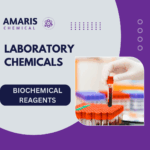 Biochemical Reagents
Biochemical Reagents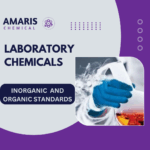 Inorganic and Organic Standards
Inorganic and Organic Standards LABORATORY EQUIPMENT & APPARATUS
LABORATORY EQUIPMENT & APPARATUS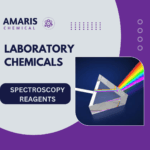 Spectroscopy Reagents
Spectroscopy Reagents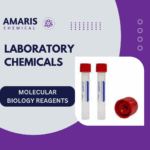 Molecular Biology Reagents
Molecular Biology Reagents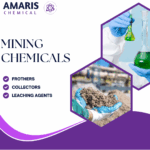
 Precious Metal Extraction Agents
Precious Metal Extraction Agents

 Fertilizers
Fertilizers Plant Growth Regulators
Plant Growth Regulators Soil Conditioners
Soil Conditioners Animal Feed Additives
Animal Feed Additives Biostimulants
Biostimulants
 Dough Conditioners
Dough Conditioners Flour Treatments
Flour Treatments Fat Replacers
Fat Replacers Preservatives (baking)
Preservatives (baking)
 Surfactants (cleaning)
Surfactants (cleaning) Builders
Builders Bleaching Agents
Bleaching Agents Enzymes
Enzymes Solvents (cleaning)
Solvents (cleaning) Fragrances
Fragrances Disinfectant
Disinfectant Metal cleaning
Metal cleaning

 Sealants and Adhesives
Sealants and Adhesives
 Biodegradable Surfactants
Biodegradable Surfactants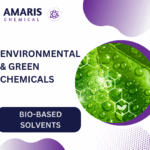 Bio-based Solvents
Bio-based Solvents Renewable Polymers
Renewable Polymers Carbon Capture Chemicals
Carbon Capture Chemicals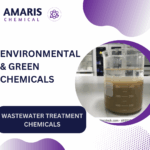 Wastewater Treatment Chemicals
Wastewater Treatment Chemicals
 Preservatives (food)
Preservatives (food) Flavor Enhancers
Flavor Enhancers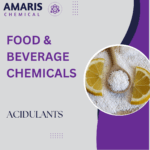 Acidulants
Acidulants Sweeteners
Sweeteners Emulsifiers
Emulsifiers Antioxidants (food)
Antioxidants (food) Colorants (food)
Colorants (food) Nutrient Supplements
Nutrient Supplements Nutraceutical Ingredients
Nutraceutical Ingredients
 Fresh Herbs
Fresh Herbs Whole Spices
Whole Spices Ground Spices
Ground Spices Spice Blends
Spice Blends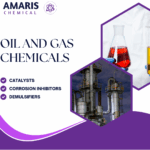
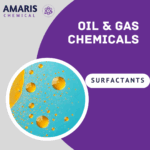 Surfactants(oil)
Surfactants(oil)

 Automotive chemicals
Automotive chemicals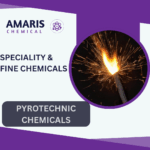 Pyrotechnic Chemicals
Pyrotechnic Chemicals


